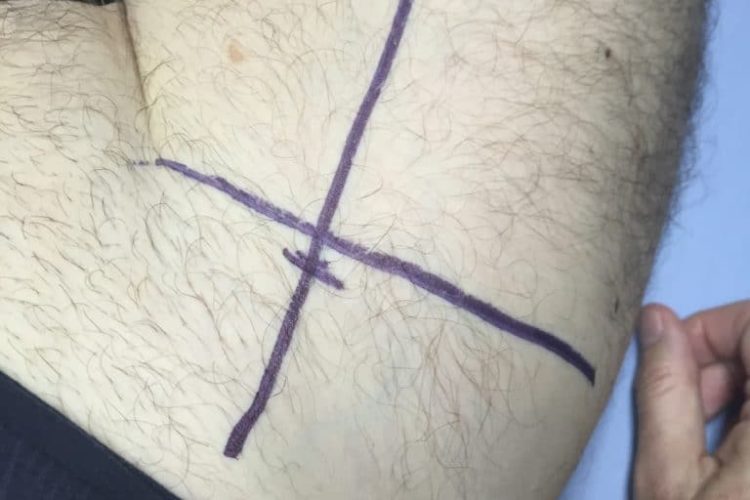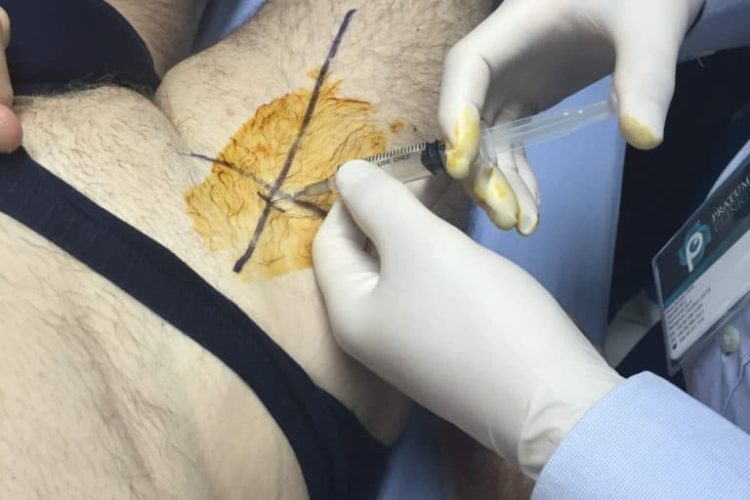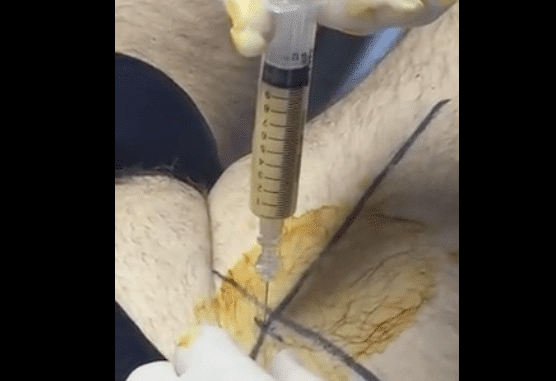Hip pain is becoming one the most common issues for adults as we age. Treatment options are few and degeneration can be caused by many factors, well noted in the medical literature. Our purpose is to help educate suffers of hip pain about regenerative medicine options like platelet rich plasma, (PRP), adult stem cells treatment. These adult stem cell therapies are obtained using the patients own blood, adipose (fat) or juvenile mesenchymal stem cells. In some late stage cases only surgery is an option, but these treatments can also be combined to help healing.
Inflammation
Injuries produce inflammation that occurs where soft tissue, such as ligaments and tendons attaches to bone. Inflammation is simply the result of injury caused by mechanics or formation of bone spurs (osteophytes) or extra fluids in the Hip. Swelling may be more pronounced after longer periods of inactivity.
Hip pain makes everyday activities, such as walking or climbing stairs quite difficult. It is a common orthopedic site for chronic tissue degeneration that results in moderate to severe pain. With hip pain one may experience stiffness, swelling and often may find it difficult even to bend at the hip to perform routine activites. Unfortunately, this is why one may eventually resort to traditional surgery. Surgeries typically involve partial or total hip replacements.
Bangkok Stem Cells offers various orthopedic regenerative therapies that use the body’s natural anti-inflammatory process to reduce inflammation and pain using non-surgical options that are safe and clinically proven to be effective for many patients. Sometimes hip replacement surgery is a necessary option, but these therapies can also be used in conjunction to accelerate healing and lessen scaring.
Arthritis
Hip arthritis makes everyday activities, such as walking or climbing stairs quite difficult. It is a common chronic degenerative condition that cause moderate to severe pain. With arthritis one may experience stiffness, swelling and often may find it difficult even to bend the hip to perform tasks. Unfortunately, this is why one with arthritis may eventually resort to traditional surgery. Surgeries typically involve partial or total hip replacements.
The most common type of hip arthritis is osteoarthritis which is a progressive wearing of cartilage at the hip joint. Frequently after the age of 50, the age-related affects of osteoarthritis worsen causing continued overuse and wearing down of connective cartilage.
As with most orthopedic degenerative conditions symptoms become worse as the condition progresses. Common treatments include: weight loss, strengthening exercises, wrapping, and pain relievers such as acetaminophen and non-steroidal anti-inflammatory drugs (NSAIDs).
Bangkok Stem Cells cell-based therapies have helped and offered relief too many patients who suffered from hip osteoarthritis and help them avoid a painful hip replacement.
Although there is no cure for arthritis of the hip, there are many treatment options available to help manage pain and keep people staying active. Many patients have opted for adult stem cells, PRP or umbilical cord stem cells to avoid questionable surgeries and reduce their pain.





